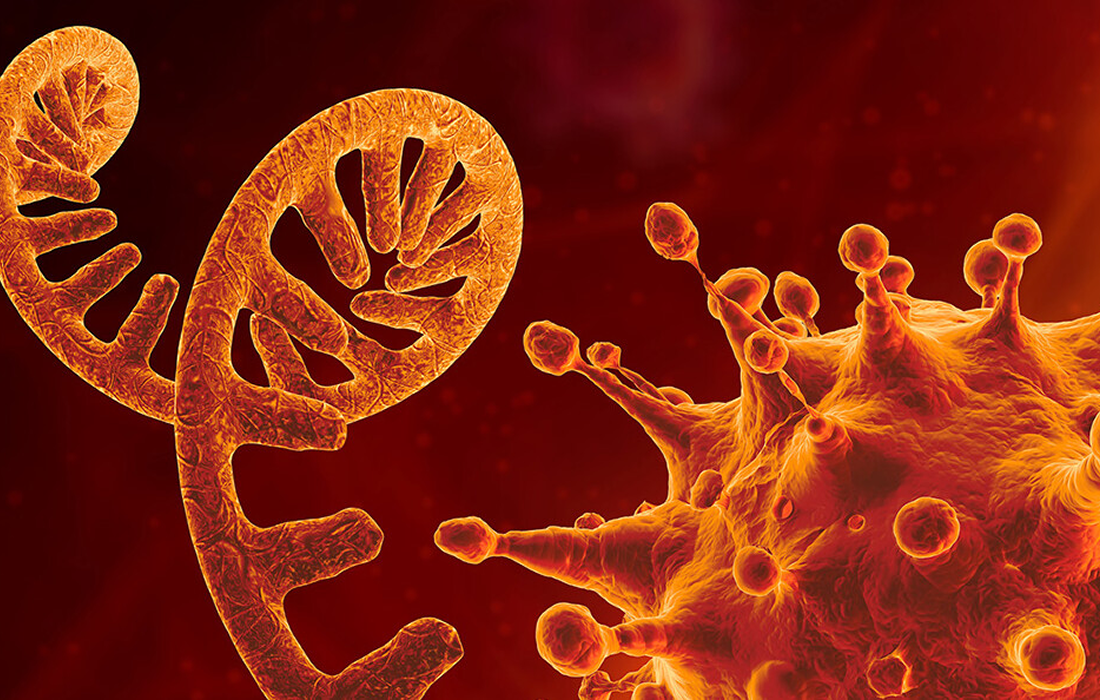COVID-19
Can an Individual’s Genetics Affect COVID Susceptibility and Severity?
Scientists and clinicians have been trying to understand why some people develop severe COVID-19 whereas others barely show any symptoms since the pandemic started. Some risk factors such as age and underlying medical conditions have been identified; however, variations in the human genome are less investigated sources of variability.
Scientists knew that human genetic variants can influence the severity of infectious diseases, including infection with SARS-CoV-2. The effects of these genetic factors range from those of rare, high-impact mutations that can make the difference between an individual developing mild symptoms and life threatening illness, to more common genetic variants that only moderately affect symptom severity.
It is not that common that studies regarding the susceptibility to infectious diseases are studied from a genetic perspective, mainly due to the focus on the disease causing microorganism rather than the human host. Also, the human genetic variants usually have relatively small effects on infection outcomes compared with the effects of other factors.
A group of researchers did an international collaboration when the pandemic started with around 3,000 researchers and clinicians from over 46 involving more than 49k individuals with COVID-19 and 2 million control individuals.
They identified 13 loci (the position of a gene in a particular chromosome) that were associated with SARS-CoV-2 infection and disease severity. Four loci affect general susceptibility to the infection and 9 were associated with disease severity.
To better understand the biology of COVID-19 and the mechanisms that connect these loci to disease outcomes they looked from genes that were in the proximity of each locus (candidate genes) and identified 40 candidate genes. Several of which have previously been implicated in immune function or have known functions in the lungs. Some examples of these genes are:
- TYK2: Variants in this gene can increase susceptibility to infections by other viruses, bacteria and fungi. Individuals with mutations in this gene are at increased risk of being hospitalized or developing critical illness from infection with SARS-CoV-2.
- DPP9: Variants in this gene increases the risk of becoming critically ill with COVID-19. Notably, it can also increase the risk of a rare pulmonary disease characterized by scarring of the lung tissue.
These types of studies represent a major milestone in our understanding of the role of human genetics in susceptibility to SARS-CoV-2. This study is important not only for advancing our understanding of human susceptibility to COVID-19; it also underlines the value of global collaborations for clarifying the human genetic basis in susceptibility to different infectious diseases.
Source:
https://www.nature.com/articles/d41586-021-01773-7

